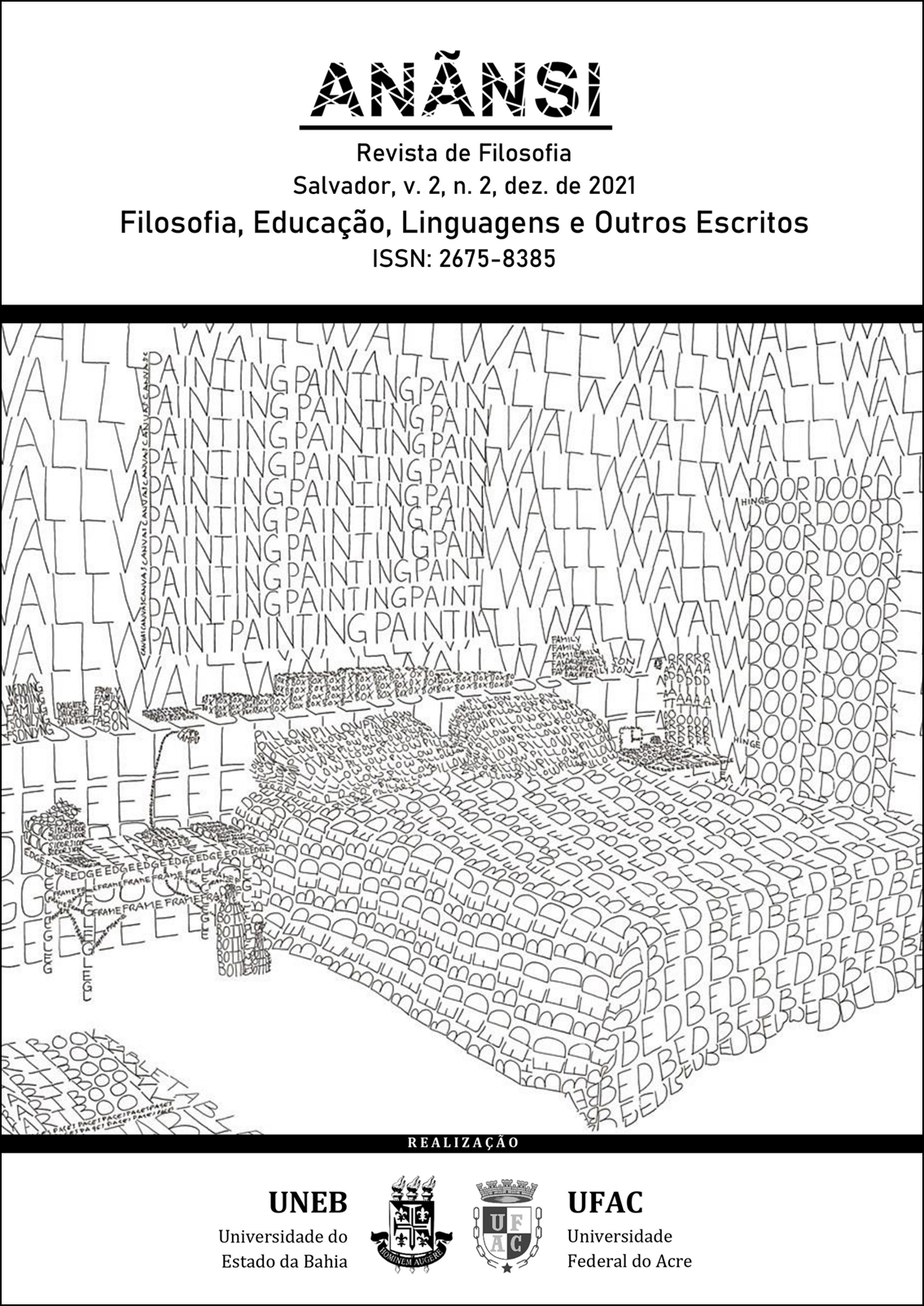The conception of human emancipation in the marxist perspective
Abstract
This article aims to analyze the concept of human emancipation from a Marxist perspective, understanding the work centrality and education as important categories in the development process of human formation, as well as for its emancipation. The methodology chosen was the bibliographical research, based on the perspective of dialectical historical materialism present in the classic writings of Marx, with the purpose of explaining the concept of human emancipation, as well as Marxist authors who discuss about the issue of human formation and the constitution of the social being, such as: Iasi; Lime; Silva; Marx; Engels; Mészaros; Tonet; Towers. It was concluded that work and education corroborate this Marxist conception of human emancipation, as they are central categories for the development of human formation, as well as for their emancipation as social individuals. Therefore, education becomes the key to provide this formation, transmitting and spreading social culture and the insertion of new generations in the productive forces.





